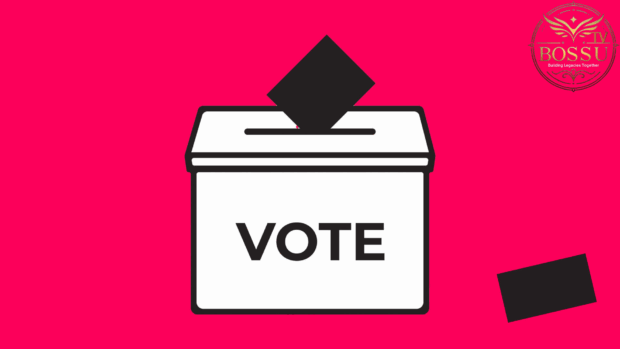
Nigeria’s $1 Trillion Economy Ambition: How Unemployment Could Derail Progress
Nigeria’s bold vision to achieve a $1 trillion economy by 2030 is under severe threat, with experts warning that worsening unemployment and underemployment rates could derail the initiative. As graduates flood an oversaturated job market and companies downsize amid economic pressures, the nation’s labor crisis is reaching a tipping point.
The Unemployment Time Bomb
Recent data from the National Bureau of Statistics (NBS) reveals a labor force participation rate of 79.5% in Q2 2024, with rural areas (83.2%) outperforming urban zones (73.2%). While the employment-to-population ratio rose to 76.1%, these figures mask harsh realities: stagnant wages, factory closures, and a growing reliance on loans to survive.
Dr. Muda Yusuf, Director of the Centre for Promotion of Private Enterprise (CPPE), highlights alarming trends:
“Key sectors like agriculture, manufacturing, and trade—critical for job creation—are growing at less than 1%. If these sectors stagnate, where will the jobs come from?”
Underemployment: The Silent Struggle
Even employed Nigerians face underemployment, with salaries failing to cover basic needs. Dr. Femi Egbesola, National President of the Association of Small Business Owners (ASBON), warns:
“Business closures, low consumer spending, and rising costs are shrinking opportunities. We need urgent retooling of sectors that drive employment.”
Can Policy Reforms Save the Day?
The federal government’s ‘Nigeria First’ policy, prioritizing locally made goods, has sparked cautious optimism. Segun Ajayi-Kadir, Director-General of the Manufacturers Association of Nigeria (MAN), believes:
“This policy could boost GDP by 56%, cut unemployment by 37%, and incentivize hiring. But implementation is key.”
However, skepticism remains. Adewale-Smart Oyerinde of NECA questions past job-creation efforts:
“Have government policies ever delivered lasting results? We need actionable strategies, not promises.”
The Path Forward: Experts’ Recommendations
- Job Retention & SME Support: Sustain reforms to stabilize operating environments for businesses.
- Local Content Drive: Strengthen backward integration to reduce import reliance and empower SMEs.
- Capacity Building: Address funding and skill gaps in the informal sector.
- Data-Driven Policies: Align macroeconomic strategies with labor market realities.
Key Takeaways
- Unemployment and underemployment threaten Nigeria’s economic ambitions.
- Agriculture, manufacturing, and trade sectors need urgent revival.
- The ‘Nigeria First’ policy could be transformative—if executed effectively.
Join the Conversation!
What steps should Nigeria prioritize to tackle unemployment? Have you or your business felt the impact of the labor crisis? Share your insights below—your voice matters in shaping solutions!
[CTA]: “Subscribe for updates on Nigeria’s economic reforms and job market trends.”
Why This Matters:
With youth unemployment at record highs and consumer spending plummeting, Nigeria’s economic future hinges on urgent labor market interventions. Stakeholders must act now to avert a generational crisis.
Follow our blog for in-depth analyses of Nigeria’s economic policies and their real-world impact.















Be the first to leave a comment